Search
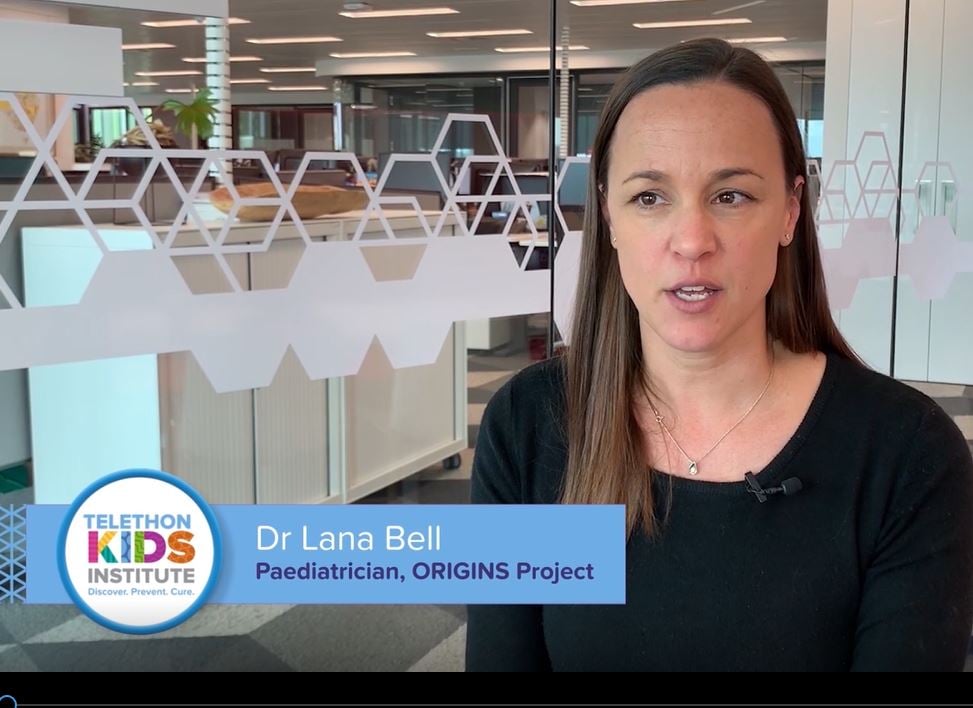
News & Events
Baby's Social and Developmental MilestonesPaediatrician Dr Lana Bell's tips on identifying baby developmental milestones
News & Events
The ORIGINS Project on Channel 7 NewsCheck out Ch 7 News feature on The ORIGINS Project here
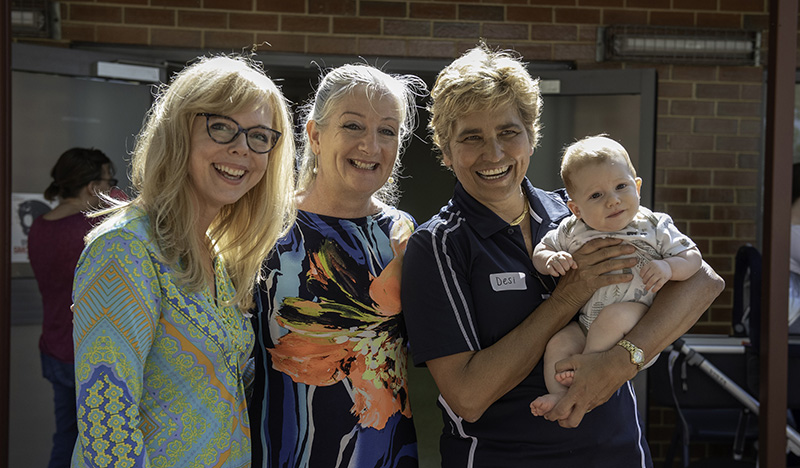
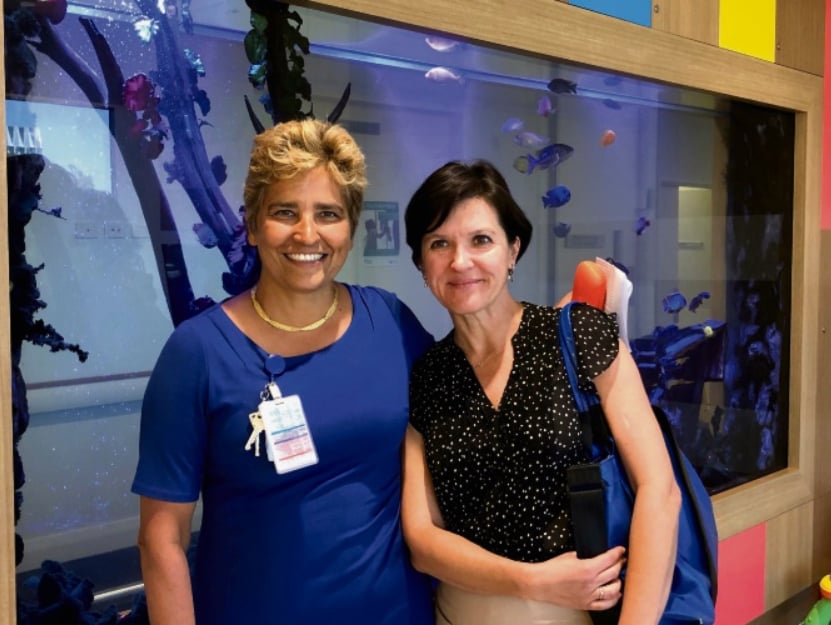
News & Events
Hong Kong researcher highlights importance of nature for children during Joondalup Health Campus visitJoondalup Health Campus welcomed international researcher Dr Tanja Sobko to share her research on the link between mental health and time spent in nature.

News & Events
Parents be alert but not alarmedThere is no doubt that developmental milestones play a very important role for parents.
News & Events
$26M Kids BonusPrime Minister Malcolm Turnbull last night pledged at Telethon to fund a landmark $26 million health study that will follow the early lives of 10,000 WA children.

News & Events
50 years of magic and funCelebrating 50 years of collaboration between Telethon and ORIGINS.
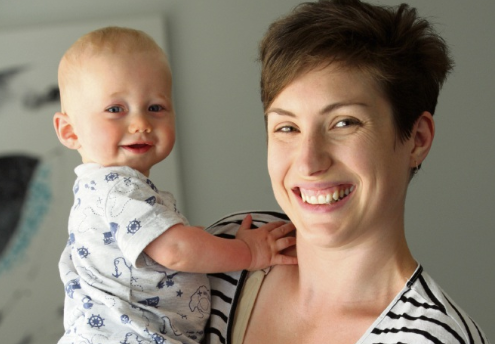
News & Events
Aveley parents sign up ORIGINSCara and Peter signed up to The ORIGINS Project in 2017 when Cara was only six months pregnant with their first child, Oscar.
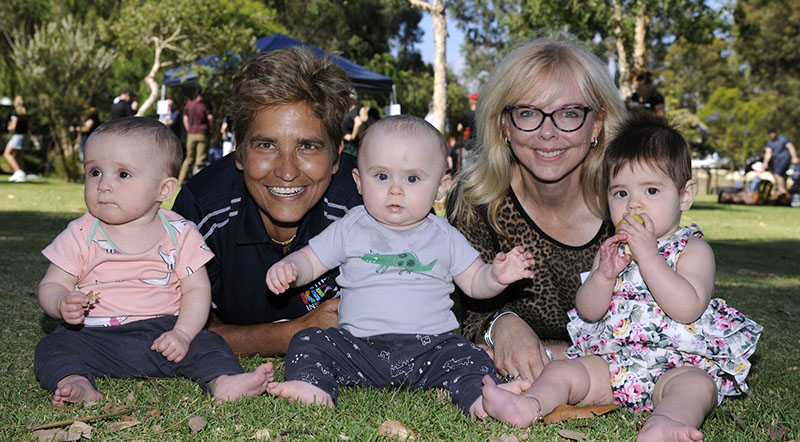
News & Events
Landmark $26m child health study eyes Wanneroo-Joondalup mums and dadsThe Federal Government has joined with the Paul Ramsay Foundation to fund the project, with each pledging $13 million over 10 years.
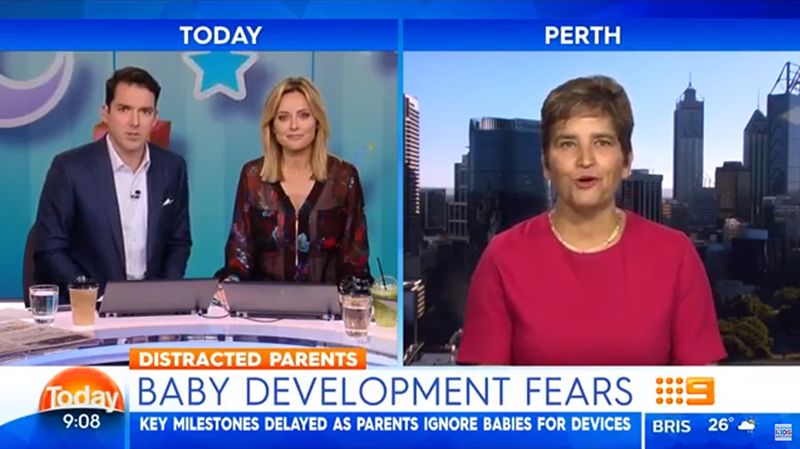
News & Events
Key milestones delayed as parents spend more time on devicesLeading paediatrician and Co-Director of ORIGINS Professor Desiree Silva says key developmental milestones like smiling are being delayed because parents are spending too much time on devices.
